So you just realized you actually like someone?
Hold up a second . . .
When we fall for someone in the early stages of dating, it’s very easy to drop our standards and lose sight of our boundaries. We check our texts constantly. We cancel other plans for them. We agree to live on their schedule.
This situation is especially dangerous for people who have a more anxious attachment style and tend to respond to relationship uncertainty by bending over backwards to keep someone happy.
In today’s new video, I explore how different attachment styles respond in this situation, and how you can attract a healthy relationship where your standards and boundaries won’t be trampled.
In this video, I want to talk about the most dangerous moment you can encounter when you’re looking for love and why. And I’m also going to describe a key archetype that you may relate to, and if you do, I think you’re going to see a lot of your dating history in this video. Don’t forget to like this video, subscribe to this channel, and hit the notification bell, so that the next time I release a video, you’re notified first.
So, what is the most dangerous moment in dating?
It is the moment we decide we like somebody. And here’s why:
For many of us, finding love is one of our greatest goals in life. It’s something we have wanted for a very long time. It’s something we have always seen as being a fundamental part of our future.
And when it feels like it’s slipping away, or it hasn’t happened yet, or that it’s never going to happen, it starts to create a scarcity mindset. A scarcity mindset is particularly dangerous because it starts to change how we behave, as well as the version of us that we bring to the table when we meet someone. All of that means that when we actually meet someone we like, it feels rare, it feels valuable, and it feels like something we need to hold on to at any cost. And the “at any cost” part is what really makes it dangerous.
All of us are able to have standards and boundaries when it comes to someone we don’t really care about—someone we don’t really want. But when it comes to someone we really want, that is usually the moment we drop our standards and lose sight of any boundaries we once had. So the scarcity mindset makes us think we can’t lose someone, and when we think we can’t lose someone we’re attracted to, our standards and our boundaries go out of the window.
And here’s the truth: our standards and our boundaries are the things that separate us in dating. A lot of people think “my standards and my boundaries are the things that drive people away. They make me ‘too much work’ or it’s me asking for too much. In order to get someone to come closer, I need to ask for less.”
But our standards separate us, and they also tell someone how to think about us. It’s not someone else’s job to educate us on what our worth is. It’s our job to educate someone else on what our worth is. They’re waiting for us to tell them, and the way we tell them is by the things we accept and don’t accept, by the ways that we show up, and by the ways we ask that the people who are close to us show up.
So, let’s look at a common way that, when we have the scarcity mindset and let go of our standards and our boundaries, we end up hurting ourselves. This particular example is one of many, but it’s a very common one, based on an archetype that so many people out there will relate to. And if you relate to this archetype, then leave a comment.
The archetype is that of the anxious person who fawns when they feel like there’s a chance they could lose someone, or when they really want to impress someone, when they want to pull someone closer. Remember, our nervous system has different responses: fight, flight, freeze, faint, and fawn.
Now, when we have the fawn response, we typically give too much—certainly, we give more than is earned, and it’s not reciprocal (for example, we’re giving more than they are). But we also fail to advocate for our needs—to truly speak our mind. This makes for a very potent combination: giving relentlessly while not asking for what we need or not communicating how we feel.
What I wanted to do in this video is show you how different archetypes respond to that behavior, because it’s really interesting, and I think that if you relate to this pattern, you’re going to see a lot of yourself and your life in this.
Now, the truth is, whichever attachment style we feel like we most relate to, most of us can think of a time in our lives when we were anxiously fawning out of a desire to make someone happy, to please them, to hold on to them, or be what they wanted us to be.
So, let’s first take the avoidant. If you come across someone who’s avoidant and your instinct from a scarcity mindset, from a place of fear, is to fawn, is to give too much and not communicate your needs, what happens with the avoidant? Well, the avoidant will take, but they will also likely be suffocated or pushed away by the amount that you’re giving, by the amount that you’re showing up. And when they pull away as a response to that, because that’s a typical avoidant pattern, the combination of you continuing to give but not speaking up for your needs means that that person doesn’t even know they’re hurting you.
Can you relate to this? Someone disappears for days on end, doesn’t text you, doesn’t call you, goes quiet on you, and you’re so afraid to speak up and advocate for your needs that you don’t say anything. Maybe you don’t feel worthy of it. Maybe you’re worried that if you do say something, it’s going to push that person even further away. So, you don’t speak up about what you need. And as a result, this avoidant person avoids you, but really, with zero consequences. When they come back, you give even more. And you certainly don’t communicate that you were really hurt when they disappeared.
So, in this pattern with an avoidant, you don’t get your needs met, and that person doesn’t even necessarily know that you have those needs in the first place.
What about the anxious person? When you, as someone who’s anxiously fawning, come across someone who’s also anxious, that’s a very dangerous combination, because the anxious person is also looking to get their needs met. They want to feel important. And there’s a good chance that you’ll give and give and give to this person, and set no boundaries about what you give, and that person will consume you.
Some of you may relate to that with a parent figure in your life—someone who takes and takes and takes, yet you kept giving because it made them feel good, and you didn’t know how to set a boundary with your giving. So they ended up just taking over you. Many people experience that in a relationship—someone who just takes them over because they’re trying to get their needs met.
That doesn’t necessarily make them narcissistic, but there is a narcissistic quality to it sometimes. At the very least, there’s a very selfish quality to it. When we’re insecurely trying to get our needs met, often we’re not even thinking about how that’s taking energy from someone else. We’re just trying to feel good.
So, with an anxious person, you can end up consumed, and burning out, and becoming deeply resentful over time at the imbalance in the relationship. You’re always giving to them but you’re not getting your needs met. Remember, in this pattern, you’re giving nonstop, but you’re not communicating your needs at the same time—a lethal combination.
Okay, so we covered the avoidant and the anxious person. What about the secure person? How do they respond to the anxious fawning?
Well, the secure person finds that they’re with someone they struggle to connect with, because when we never speak up about what we want, they don’t know who we are. It’s like they kinda don’t know where we begin and end, because we’ve never given them any parameters around who we are, what we like, what we don’t like, what our opinions are, and what we want to do tonight.
I mean, imagine someone saying to you, “What do you want to eat tonight?” And you say, “I don’t know. What would you like to eat?” They say, “I guess, Chinese food.” And you go, “Me too! That sounds amazing.”
The next night, they ask you, “What do you want to eat tonight? Last night, we got Chinese. What do you want to eat tonight?” And you say, “I’m not sure.” And they go, “Well, how about Indian?” And you go, “Yes! That sounds great.” And you get excited about it.
What we’re doing in those situations is failing to show that person who we really are and what we really want. Now, for one thing, that’s incredibly frustrating for a secure person who enjoys making you feel good and doesn’t know how to make you feel good, because your opinions are just their opinions regurgitated. It’s never about you and you knowing what you want, or having an original thought in that department—certainly not you expressing it.
So, they don’t really know what you need and they don’t know how to please you. They also don’t really know what you think. So it makes it very difficult to connect, and it has the insidious effect of making us appear untrustworthy.
Now, that seems really frustrating because you may be thinking, “God, I’m giving so much. How can I be communicating that I’m not trustworthy?”
But when we never give an opinion, when we never state what we want or what our needs are, someone gets the impression that they’re never getting the real you. So, it’s a bit like someone who celebrates you no matter what you do, who always tells you you’re doing a great job no matter what you do. Eventually, you’re like, “I can’t trust you to give me an honest opinion. I’m never going to be able to trust you to give me constructive feedback, because you never tell me honestly what you really think. So I can’t really come to you as a trustworthy source anymore.”
That’s what happens with a person who anxiously fawns, is that people around them who respect themselves, who aren’t just looking for a source of validation, but are looking for a teammate, feel that they can’t trust that person as a teammate.
So that’s what happens with a secure person. They have the frustration of not knowing how to please us, they don’t feel connected to us, and ultimately, they don’t feel like we are someone they can trust.
The person who loves the anxious fawner, by the way, is the person who has really toxic intentions. The person who is quite willing to come along and monopolize your time, your attention, your energy—to weaponize it and get as much of you as possible before they discard you. That person is more than happy to come along and experience this free lunch for as long as they want it . . . before they decide they don’t want it anymore.
So, that’s the danger when our pattern is anxiously fawning when we’re afraid of losing someone.
Leave a comment and let me know if you relate to this, and as a result, you find that you’re attracting unhealthy people and pushing away healthy people.
I want you to understand that there should be something very comforting in the idea that you’re not a million miles away. You don’t need a personality transplant to get better results in your love life. Sometimes we just need millimeter shifts that take us away from our well-entrenched patterns and toward new ones that start to open us up to a different kind of person than the ones we’ve had in the past. This is something that’s not easy, but it can be done over time and it is achievable.
So, let me know if you relate to this pattern. I’m excited to hear from you. In future videos, I’ll talk about different patterns as well. If you don’t relate to this one, I’ll cover a couple more and we’ll look at—I think it’s a fun thing to be able to look at what happens with an anxious person, a secure person, an avoidant person, and a toxic person when you have this particular pattern. I think that will be a fun thing for us to do as an exercise. But let me know what you thought of this one.
Thank you to everyone who’s got a copy of the book. I’m so excited. All of the comments on Amazon have been amazing, and Goodreads, and Barnes & Noble. I really appreciate everyone who got a copy.
Even if you didn’t get a copy and you love the idea of reading my writing, or if you did get a copy and you’ve already finished it, and you’re like, “I want more of your writing,” I’m actually writing a free newsletter every week now called The Three Relationships that you can sign up for at thethreerelationships.com. I’m really proud of it. It’s a really great free resource that people are experiencing every week right now, and I get emails every single week from people who are reading it and loving it.
So, I want to invite you to come and be a part of that with me if you want to continue the journey in another way, and you don’t want to just watch videos but you also want to read my work. I’ve put a lot of myself into this and many of you enjoy the vulnerability I put in the book.
That same vulnerability shows up in the ideas, the philosophies, and the practical advice I put into this newsletter every week. It’s called The Three Relationships—it’s because I believe there are three relationships we’re always going to be in: our relationship with other people, with ourselves, and with life itself. And the idea of this newsletter is not just to help you with one of those relationships, but all three.
So, join us. I currently release it every Friday, so you can look forward to that this coming Friday. And thank you for watching this video. I look forward to reading your comments, and I’ll see you in the next one.

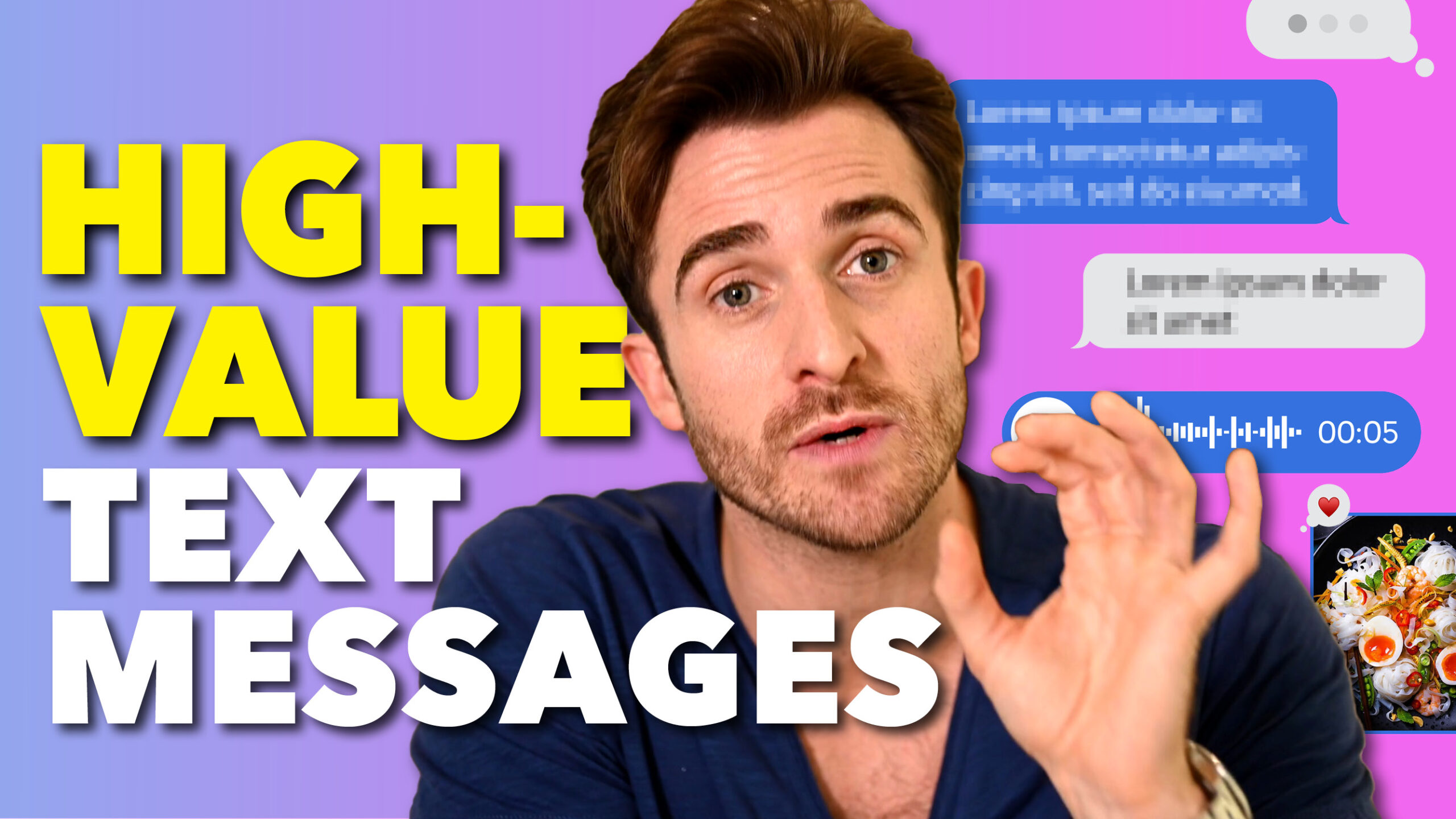



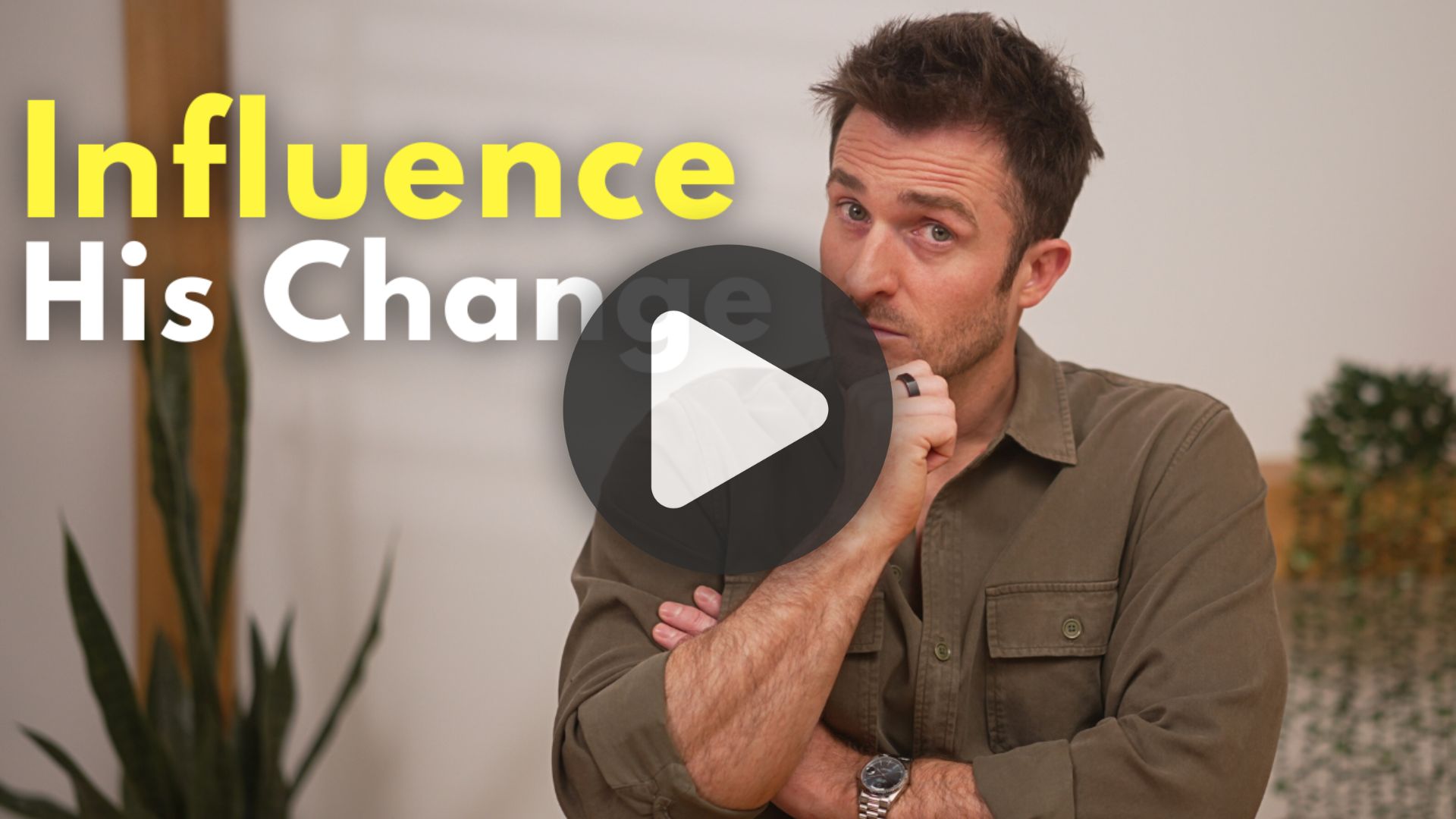
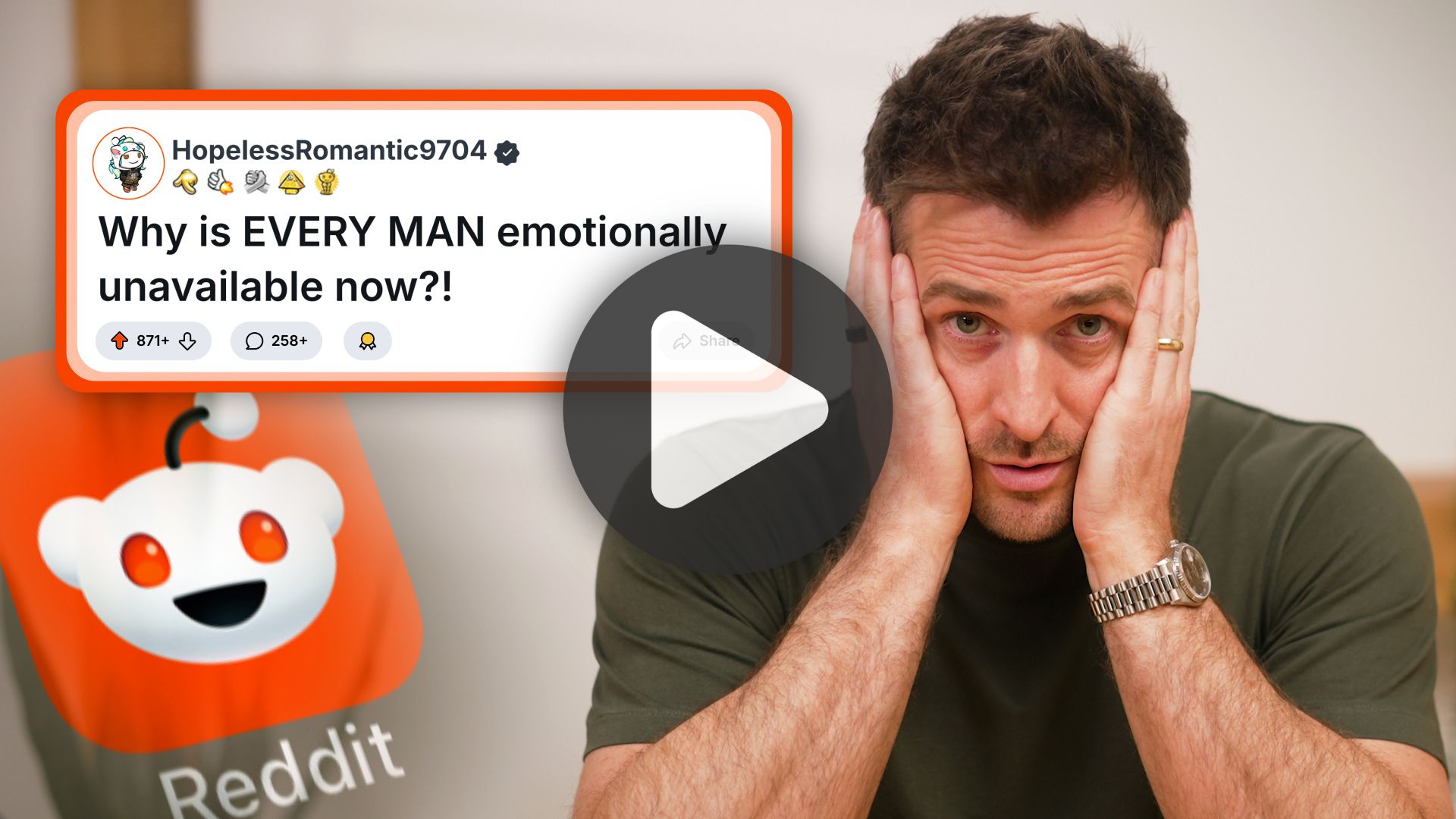
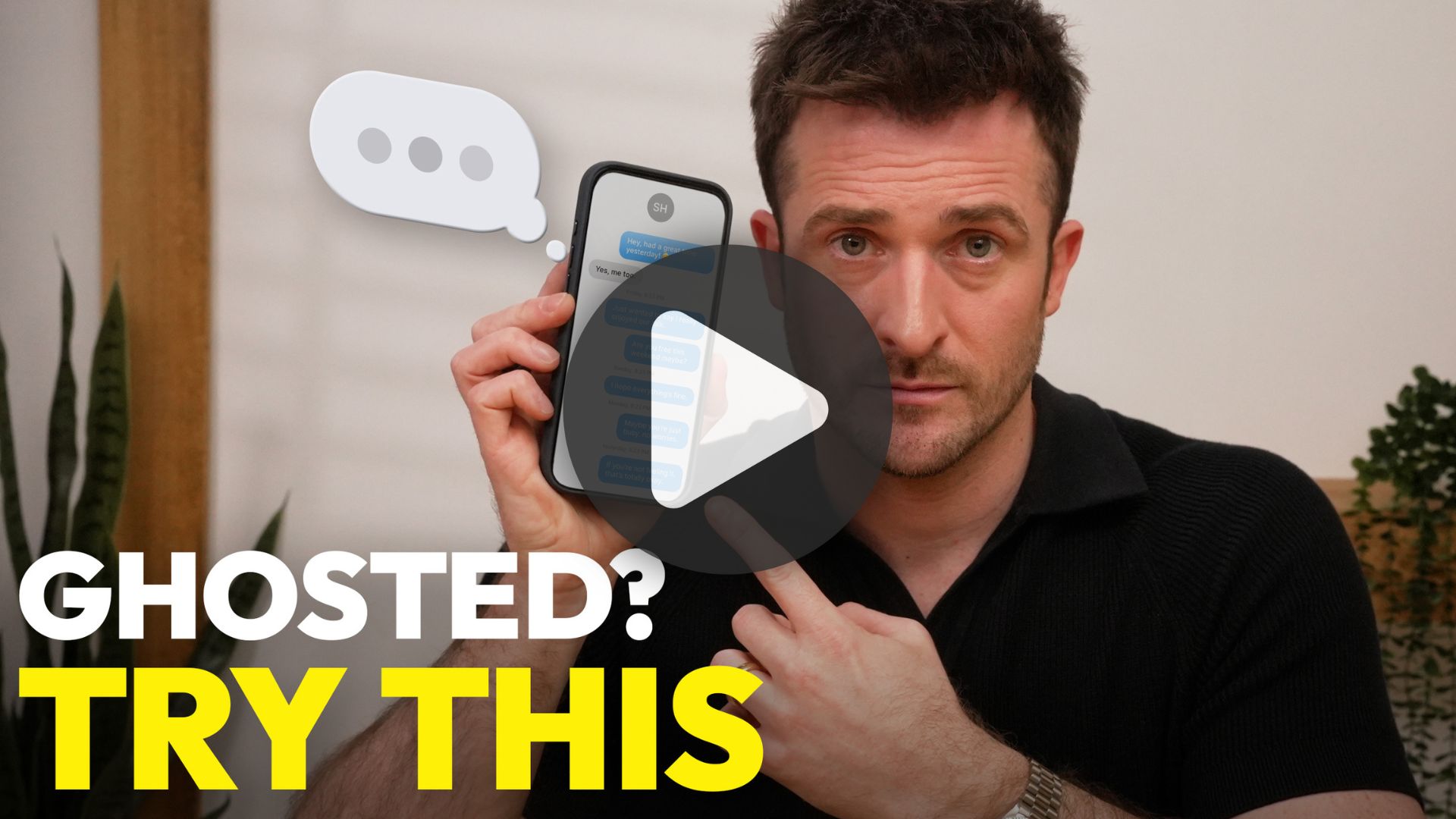
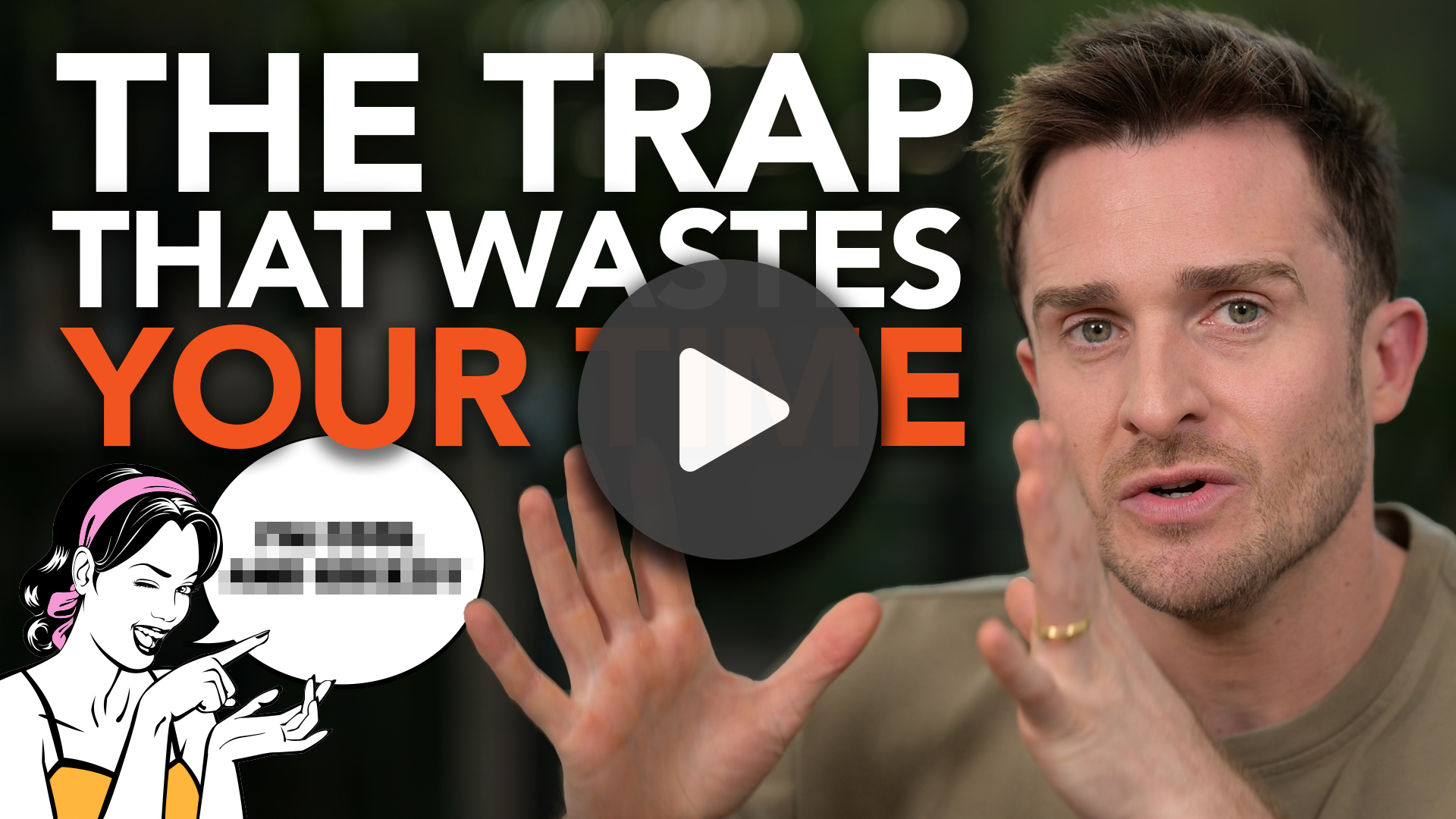
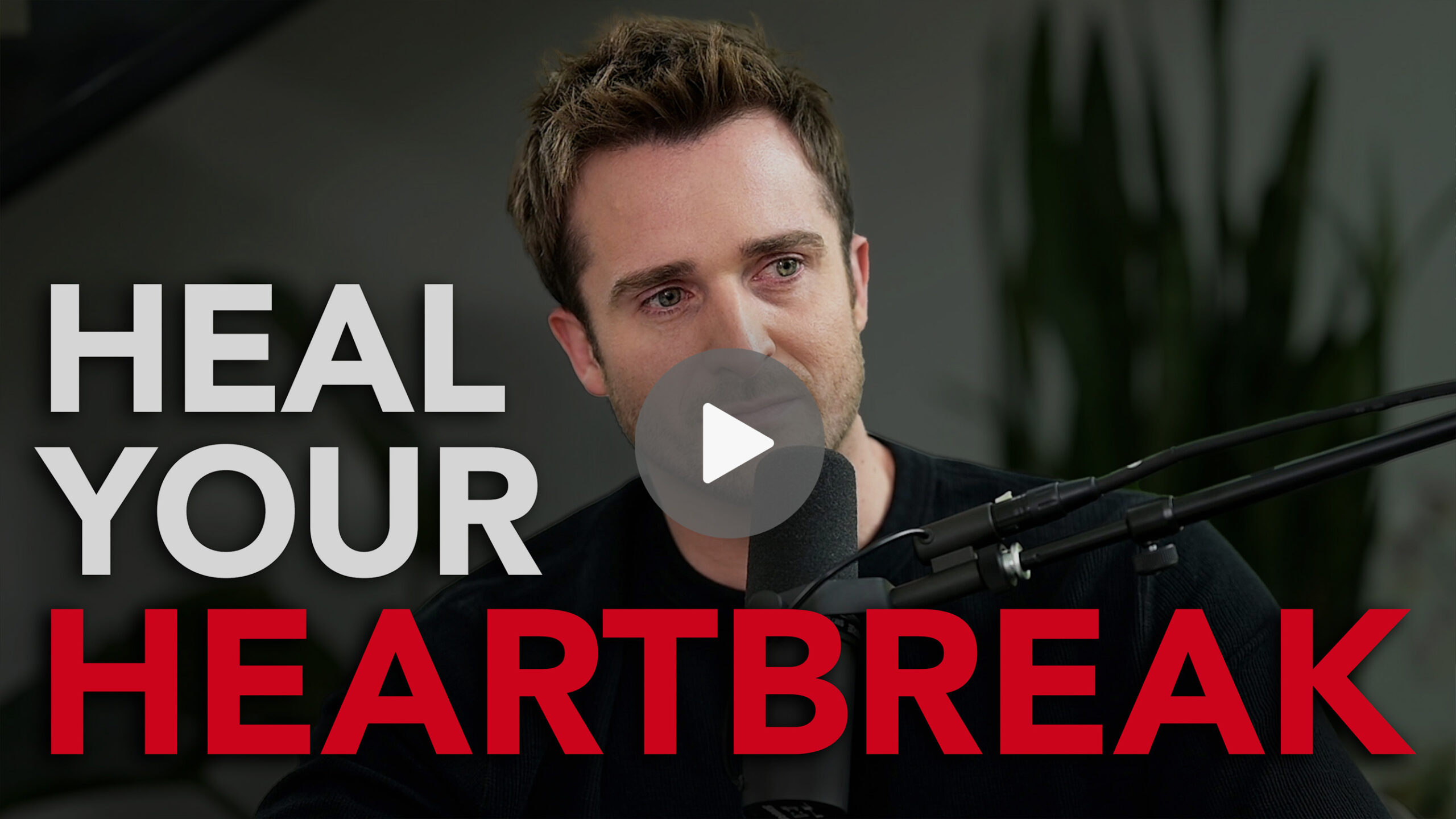
Thank you do much, it sounds way too familiar….
Yes. Unfortunately that’s definitely me. The guy also told me I was kind… that was after he said that it’s important to be kind… he was lovely and kind and helpful too but then he told me to ‘go be kind somewhere else…’ It hurt a hell of a lot.. And thinking back in the beginning, I also lowered my standards… and I still haven’t got over him although I should be by now! Next time I’ll keep my standards and never offer more than I receive…
I relate to the first option and I don’t know what to do …
Thanks for this beautiful class of today. I think I have a little of all the kinds of person you were mentioning. Some people call it toxic behaviours. It is easy to notice it on others and more difficult to notice it on us. The first step comes from realizing it and then taking action to change this more and more on us. Thanks Matthew for your beautiful content!
Matthew, I love the way you broke this down and articulated why we can have a fawn response and how the different attachment styles interpret fawning. Scarcity mindset… gone… disproportionate giving… gone… great tools to help self-regulate! I wish I knew this 50 years ago see you in Fort Lauderdale!
Love this, I totally recognize myself as an anxious fawner. Very helpful to be made aware of this, Thank you!
I am learning so much about myself since I’ve joined the LoveLife Club. After my breakup I completely went into this pattern with my old first boyfriend. We reconnected after 40 yrs and it could have been great but I gave way too much too soon. I have always been this way and I thought it was because I was just a kind person. I’m starting to understand the nuances of the dance of romance now. It’s no fun when guys are fawning over me yet the one guy I liked had me turned to mush. Unfortunately I don’t think it will ever happen with him now, I’m slowly learning that is ok. No more scarcity mindset and I am taking my time next time in so many ways. Looking back that is what I did with my ex, I just gave and gave to the point where now he is fighting me for half my assets although we were never married and I paid for everything. Very important lessons here. Thanks for being my coach, my relationship guru, my big brother, my dad and my best friend all in one Matthew. I wish I could have understood these lessons 40 years ago but I’m glad I can learn them now.Its never too late to change patterns and set a new course. Muah xxoo!
Excellent video. I can definately relate to this as I now realise that I don’t communicate my needs and am feeling hurt far too much.
Brilliant advice!!!
Hi Matthew, brilliant video and new style comparison. I am an anxious fawner, so is my daughter. I cant stand how I suddenly behave so I dont date, but my daughter has attracted a toxic person, three times now, and its exactly as you describe. She’s refusing to listen to me, she says there is no problem. How do I get her to question the experiences she’s having? She wont read the book. It’s totally brilliant, btw.
Thanks to your videos, I was able to say that I value consisity in a relationship — and without it I had to say goodby while sincerely wishing him well.
Thank you SO much for teaching me to love myself.
I wish SO much that I learned about you —- even though I am 79yrs old! Better late than never.
❤
Thank you Matthew for helping me to know styles of personalities & definition if anxious fawner/ scarcity mindset. That is my issue since being a widow & worried I will loose someone I feel may be ‘ the right one’. You are so insightful…
I absolutely LOVE this information! It’s so mind opening and unbelievably relevant! Thank you so very much Matthew! I really, really need this information and what you do! ❤️
Thank you Matthew for all your insights
Alot of what I have read or seen has been a series of lightbulb moments, that if I’m honest, are well beyond a bit close to home.
It surprised me how quickly I forgave myself, my ex was the worst combination of red flags, and I have the worst attachment style for those flags.
I have realised a few values, boundaries and standards. I just didn’t notice them before and ignored what felt wrong.
I’ve learnt to be kinder to myself, which reinforces the values and boundaries which set my standards.
I do love a bit of self improvement!
Seeing these patterns is pretty cool. I am realizing things about myself and information always helps.
Yes I have always tried too hard to please a man I was interested in. I think it came from being married to a man that nothing I ever did was good enough for him. He criticized me all the time and never wanted intimacy. He filed for a divorce and years later I realized I had been married to a gay man. I deserved so much better in my life and am now setting standards so I don’t try too hard on men that are not worth my time. They now have to show me a valued life with them. If my life is not better with them in it I am now not interested in building a life with them. Listening to you has helped me to raise my standards. My gay husband liked me because of my beauty. I now need to focus on what makes me happy. Thank you.
Love the video. Its interesting how our attachment style and associated behaviours are triggered when we see some sort of threat, and what that might look like in relation to our safety and security.
I would like to hear more about the different attachment styles dynamics, e.g. avoidant with avoidant, secure with avoidant, secure with fearful, etc.
Yup, been there, done that! Now, with my eyes wide open go out in the world looking for a healthy relationship and you are a great help in pointing out where and how I need to change and grow to achieve that. Thank you so much!
Thanks Matthew. Great video. Yes, I fell for an avoidant guy, and I just kept giving and giving, while he pushed me away. It was very destabilizing because when we were together, he’d make me loved like noone ever had. But then he would disappear. For days, weeks, and now months without a word. I’m kinda addicted to him, even though he’s blocked me, yes, blocked! me for 5 months. I’m trying to forget him, but my mind plays tricks and wants to find a reason and a way to pop back into his life. Arggg
Fantastic message!!!
The video really hit home. I think I have over given in most of my relationships (of all kinds) and don’t get my needs met, because I did’t speak up. I attract highly toxic people. I know this pattern started early in my life. The advice to start making small changes feels doable. You’re a Godsend Matthew. Thank you.